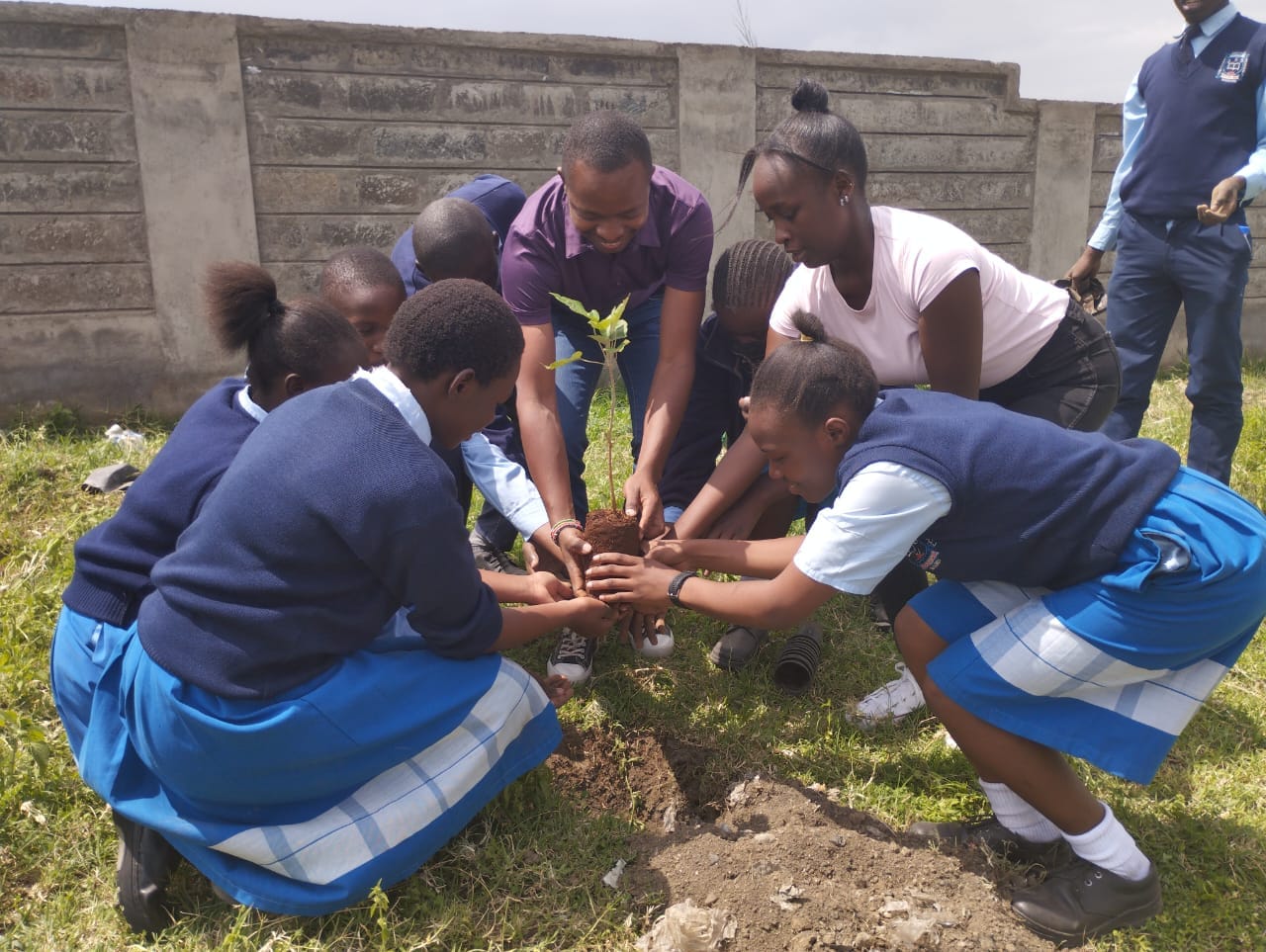Coffee farmers in Baringo have been urged to embrace the coffee subsidy programme to increase coffee yields hence improve their livelihoods.
While speaking to KNA at his office in Kabarnet town Baringo Central, County Director of Agriculture Vincent Abuje gave this advice after noting that private millers exploited farmers by giving them credit facilities at high interest rates hence tying the farmers by signing a milling agreement.
“It is sad that farmers are being exploited by private millers and middle men and at the end of the day, the farmers do not get value for their produce,” Abuje said.
Abuje noted that the high cost of producing coffee has discouraged many farmers from engaging in coffee farming and particularly in areas of Eldama Ravine town, Koibatek Sub- County where they uprooted the crop a few years ago.
He said the subsidy programme would be beneficial to the farmers as it is aimed at cushioning farmers against high cost of farm inputs through subsidizing the cost of fertilizer and chemicals by 40 percent.
“A farmer is required to pay 60 percent of the cost of fertilizer and the government tops up the 40 percent balance therefore benefiting farmers,” Abuje said.
Abuje however noted that few farmers have enrolled into the programme since its inception in January 2020 alluding that most of the farmers have financial challenges and request to pay in installments.
The Director also said the drought situation in the area and poor infrastructure were the major challenges faced hence farmers were worried that they may encounter losses.
Desmond Chesire of New Kenya Planters’ Cooperative Union (KPCU) told KNA that they have undertaken training of over 2000 farmers in more than five cooperative societies in addition to estate farmers and they have shown keen interest in the programme but financial constraints posed a major challenge.
Chesire noted that most farmers were banking on their Sacco societies to guarantee them get the 60 percent deposit required in order to be supplied with the farm inputs but most of the Saccos were reluctant to do so.
“Most farmers are optimistic about the coffee subsidy programme but are worried that the drought may affect their yields hence reducing production,” he said.
Willy Cherogony, a retired extension officer in charge of coffee production and a coffee farmer, told KNA on phone that the subsidy programme would help farmers get fertilizers and chemicals at an affordable rate, therefore encouraging more farmers to plant coffee.
“Farm chemicals to control pests and diseases, fertilizers and payment of labourers is very expensive but we are glad the government will subsidize the 40 percent,” Cherogony said.
Cherogony also said farmers have had an attitude change since the Baringo’ Cha coffee factory at Ossen in Baringo North that was opened early last year which will enable farmers to sell coffee directly to South Korean markets.
The coffee revitalization programme aims to back President Uhuru’s ‘Big Four’ agenda on food security pillar which aims to increase large scale production of food to empower small scale farmers to increase their production.

